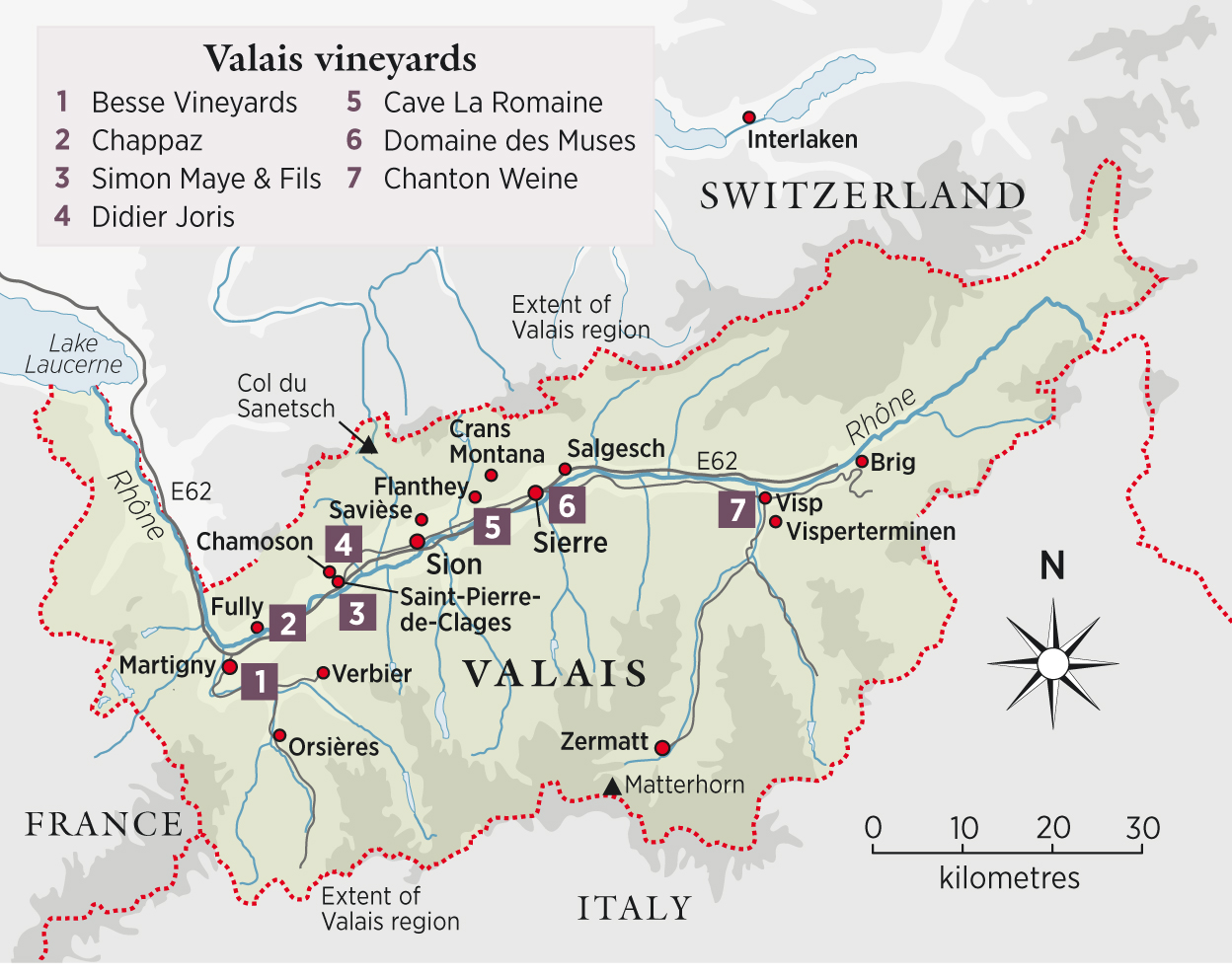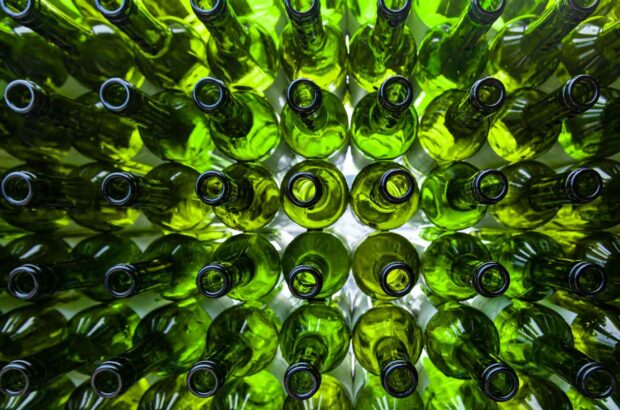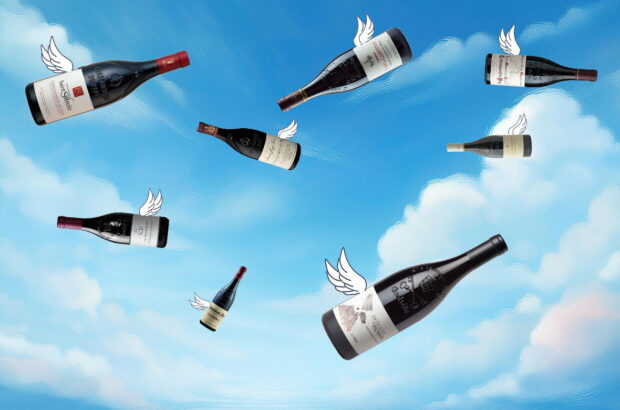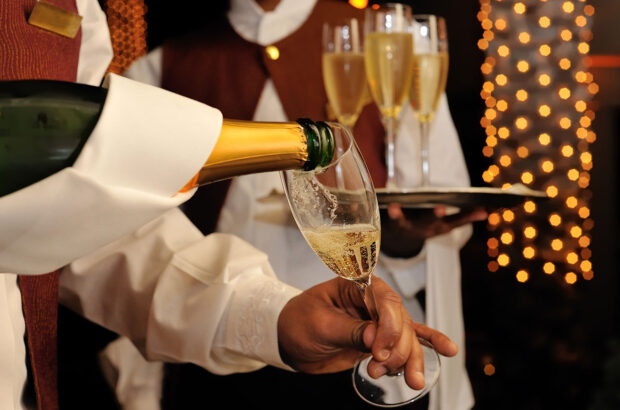From impossibly picturesque and steep vineyards, the wines from this Alpine canton are booming in quality, discovers Sue Style. And are perfect to enjoy with raclette, see our Valais travel guide here - first published in the Decanter January 2014 issue.
Valais Fact File:

Planted area 4,976 hectares
Grape varieties Pinot Noir, Chasselas, Gamay, (Petite) Arvine, Cornalin, Humagne Rouge, Sylvaner, Syrah, Chardonnay, Pinot Gris, Merlot, Savagnin Blanc (aka Heida or Païen)
Production in 2012, 380,000 hectolitres
Main soil types limestone, granite, schist, loess
Quick links:
The Valais, Switzerland’s southernmost, sunbaked, Alpine canton through which the fledgling Rhône flows, has always been a bit of a law unto itself. In Swiss terms it came late to the Confederation, joining only in 1815 (the core cantons got started in 1291). And although by now fairly firmly woven into the richly textured patchwork that is Switzerland today, it still manages to feel like another world.
Viticulture has deep roots down here. Wine is a way of life, and almost everyone owns and tends a parcel or two of vines. For many of them, known as les vignerons du samedi, grape-growing is just a Saturday hobby. But the past 20 years have seen huge changes, a consolidation of tiny, fragmented holdings and a steady ramping up of quality.
If your thrills in the region have been limited thus far to black runs down to Verbier or Zermatt, and the only Valaisan wine to have passed your lips is a jug of après-ski Fendant, get ready for a different kind of white-knuckle ride.
Chandra Kurt, Zurich-based wine writer and Valais specialist, likens a wine trip here to a treasure hunt: everywhere you go you will unearth growers who are polishing up little-known gems like Petite Arvine, Cornalin, Humagne and Heida and/or giving new lustre to old-established varieties (Chasselas/Fendant is king here) or classic blends like Dôle, an often undistinguished Pinot Noir- Gamay blend.
At the lower end of the valley in Martigny, Gérald Besse (besse.ch) works 18ha of vines from 14 different grape varieties. A good approach is to parkin town and walk the vineyard trail designed by daughter (and winemaker) Sarah, which follows the Besse vineyards along steeply stacked terraces buttressed by an impressive array of dry stone walls. By the time you reach the cellar door, you’ll have some idea of the particular challenges of winemaking around here and be ready to taste a lip-smacking Petite Arvine or a lively Gamay.
Vertiginous vineyards
If you thought the Besse vineyards were steep, then step across to Fully, raise your eyes to the mountain that rears up behind Marie-Thérèse Chappaz’s property (chappaz.ch) and marvel that anyone could ever consider planting and working vines here. The domaine is biodynamic, yields are restricted both by geography and by choice, and the wines – which are measured out by the drop to faithful followers – sell out at a dismaying pace. To be sure of an allocation, try and attend one of the tastings scheduled throughout April and May, informal gatherings around wildflower-decked trestle tables, where Chappaz describes in lyrical language her range of whites and reds, both single varietals and blends.
Heading east up the valley, the cantonal road runs parallel with both the motorway and the silver-greenish-grey ribbon of the Rhône. The show-stopping scenery – dramatic mountain peaks to right and left, many of them topping the 4,000m mark, and wave upon wave of vineyards surfing steeply at their feet – is the same, but the non- motorway option is more leisurely and leads you through some of the Valais’ most celebrated vineyard villages.
Schedule a stop in St-Pierre-de-Clages, where Simon Maye & Fils (simonmaye.ch) have quietly established themselves over decades as one of the region’s premier growers. Always ahead of the curve, they started bottling all their own wine back in the mid-1970s, a rarity in the Valais at the time. Today they make around 20 different wines, ranging from terroir-driven Chasselas to an outstanding, highly prized Syrah Vieilles Vignes.
Almost next door in Chamoson is Didier Joris (didierjoris.ch) and visits to his tiny domaine are by appointment only. This uniquely Valaisan wine personality is a flying winemaker and as likely to be dispensing wine wisdom in Spain as tending his own 3ha of vines here in Switzerland. Regard any visit as a fabulously enriching tasting exercise – with trenchantly expressed views on the world of wine thrown in. Revel in Joris’ remarkable Syrahs and swallow your disappointment if others (notably the country’s top restaurants) have beaten you to the draw.
Dramatic views – and wines
In Flanthey, on the way up to Crans-Montana, Cave La Romaine (cavelaromaine.ch) has just opened a spectacular wine cellar for visitors, a cross between a church, an amphitheatre, a terraced vineyard (the barriques are arranged on various levels) and a grand stage. Upstairs in the state-of- the-art tasting room, you’ll have your work cut out to give proper attention to the wines (the Cornalin and Humagne Rouge grapes are the stars here) on account of the spectacularly distracting views up the valley.
Sierre, at the heart of the Valais, is home to Robert Taramarcaz, one of the new generation of young winemakers who has recently returned to the family fold at Domaine des Muses (domainedesmuses.ch) after spells in Burgundy and New Zealand. His range of thrillingly original wines (whites from the north-facing left bank of the Rhône for maximum freshness, reds from the right bank for maximum ripeness) are prized alike by Swiss wine cognoscenti and by global wine critics.
By the time you reach Visp in the upper reaches of the valley, it’s easy to see why an 1876 British traveller described the region as ‘fearsomely wild’. Here Chanton Weine (chanton.ch) practises extreme wine growing at its most challenging best.
The reputation of this 8ha family winery rests on its tireless championing of rarities like Gwass – described by Dr José Vouillamoz, joint author of the award-winning reference work Wine Grapes, as the ‘Casanova of the vine world’, since, with the help of Pinot (and other varieties), it has spawned almost all the worthwhile wine grapes extant today – as well as the exotically named Lafnetscha, Himbertscha and Rèze. Take a parting sip of its Heida, a prized golden drop grown 800m up on the vertiginous slopes of Visperterminen.
How to get there
During winter, the Eurostar from London links up with the TGV via Lille to serve main stations in the Valais like Martigny, Visp and Brig. Or you can fly to Geneva then go by car or train along Lake Geneva to the Valais.

Written by Sue Style







